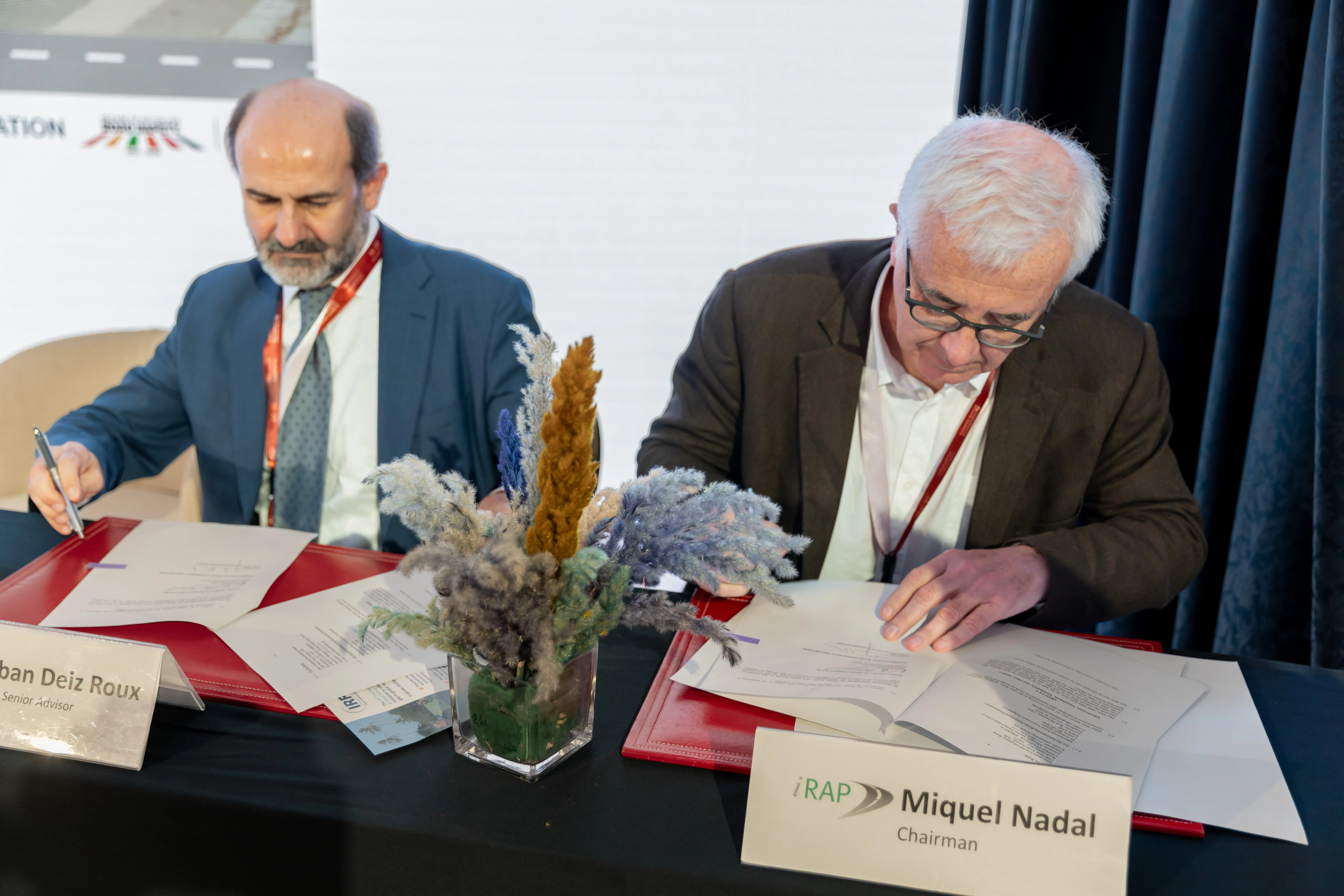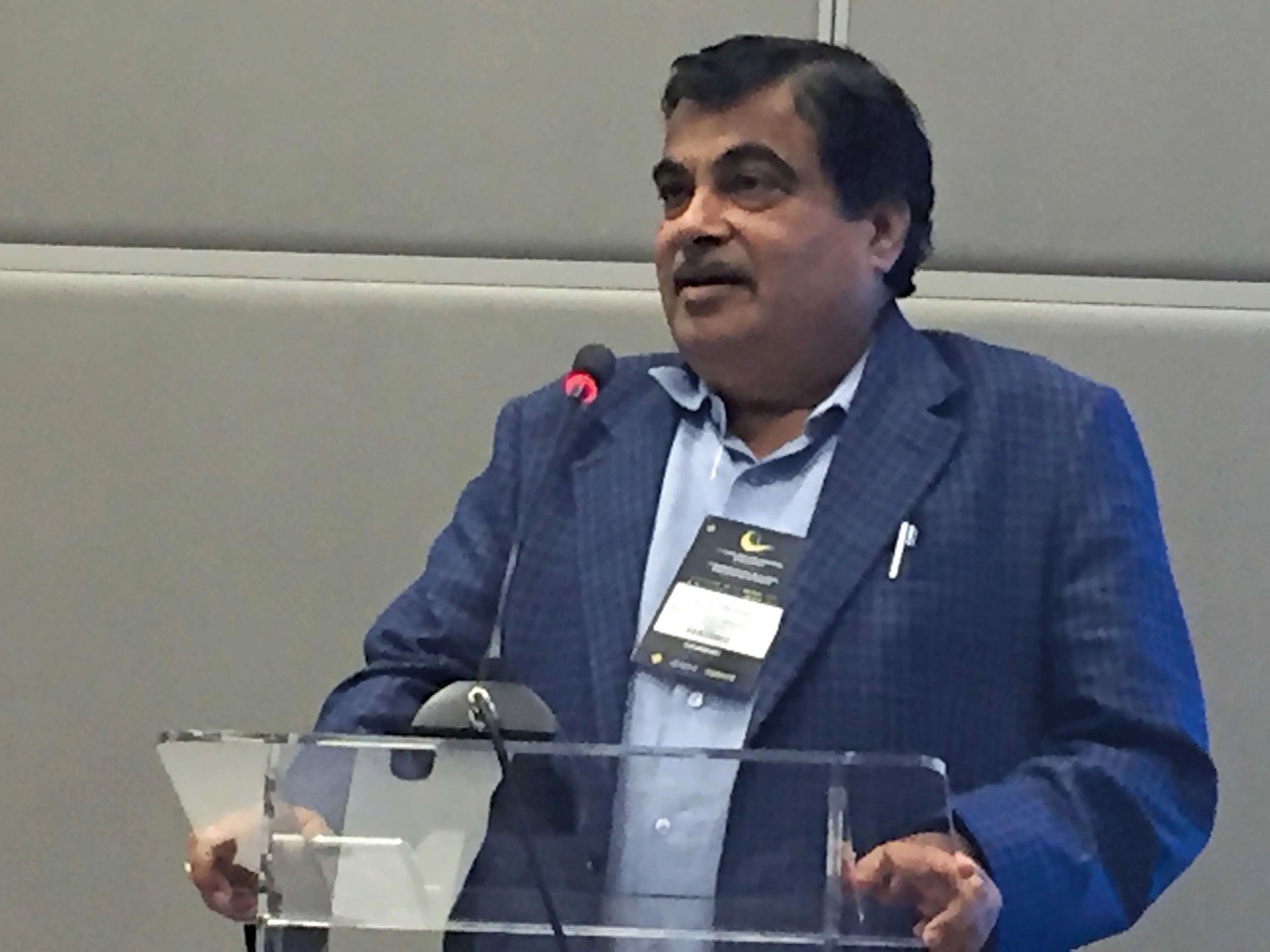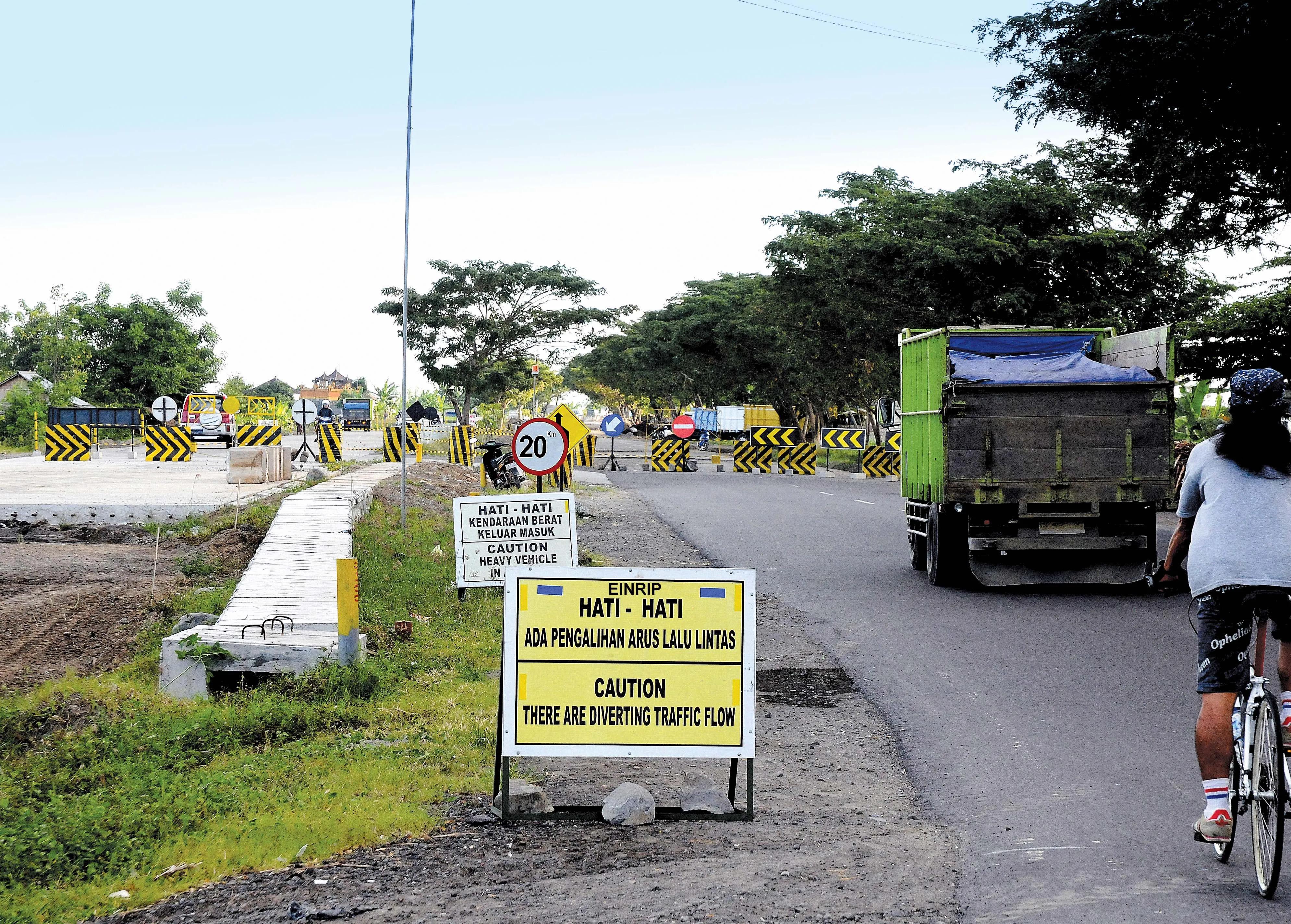
Eliminating high-risk roads is the focus of a new five-year extension to an agreement between Inter-American Development Bank (IDB) and International Road Assessment Programme (iRAP).
The agreement was signed by Greg Smith, iRAP’s acting chief executive, and Esteban Diez Roux, operation senior advisor at the IDB.
The five-year deal brings the organisations’ joint partnership for safer roads in Latin America and the Caribbean to 10 years. The agreement was inked during the Ten Steps to 2030 for Safer Road Infrastructure Side Event of the recent 4th Global Ministerial Conference on Road Safety underway in Marrakech, Morrocco.
The new five-year extension agreement will facilitate more collaboration between the IDB and iRAP to promote programmes and projects to significantly improve the safety of roads in Latin America and the Caribbean. As a registered charity in London, UK, iRAP works with organisations such as United Nations, World Health Organisation, governments, development banks, mobility clubs, industry and non-government road safety organisations was well as research organisations. It provides evidence-based tools, training and support to help make roads safe.
Experts from both IDB and iRAP will conduct road safety assessments, build local capacity and prioritise investments in safer infrastructure. It will also foster the sharing of information and best practices and promote the use of innovative tools and technologies to improve road safety outcomes.
According to iRAP’s Safety Insights Explorer, it is estimated that nearly 94,000 people were killed and more than five million were injured in road crashes in Latin America in 2021 - at a cost of US$223.4 billion.
(For more on the agreement and the work being done by iRAP and IDB, click here to read the feature on Global Highways)







